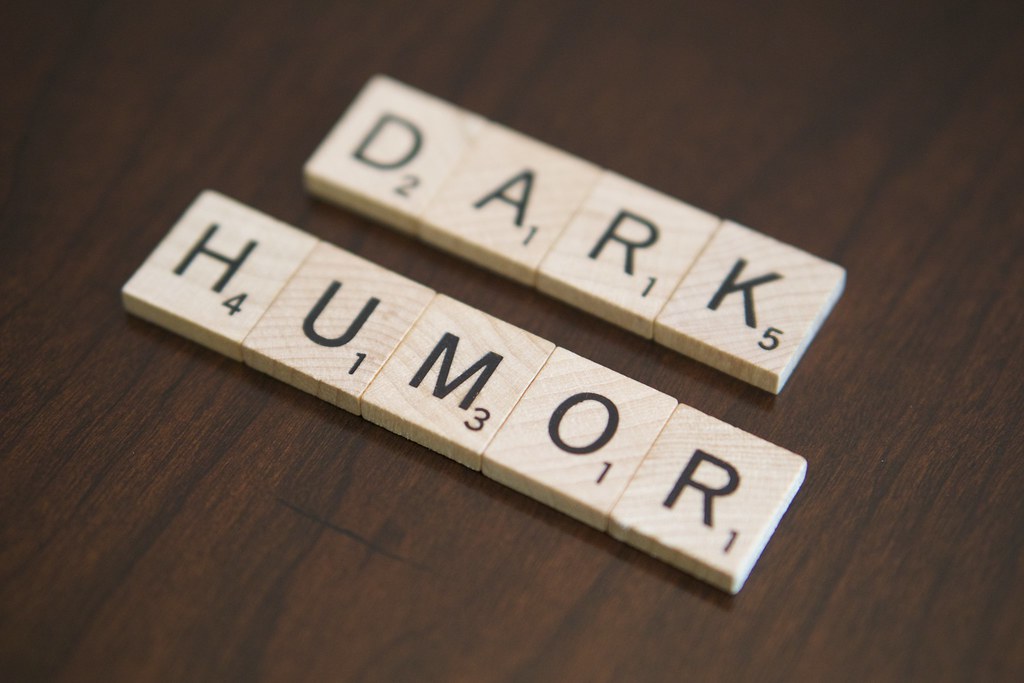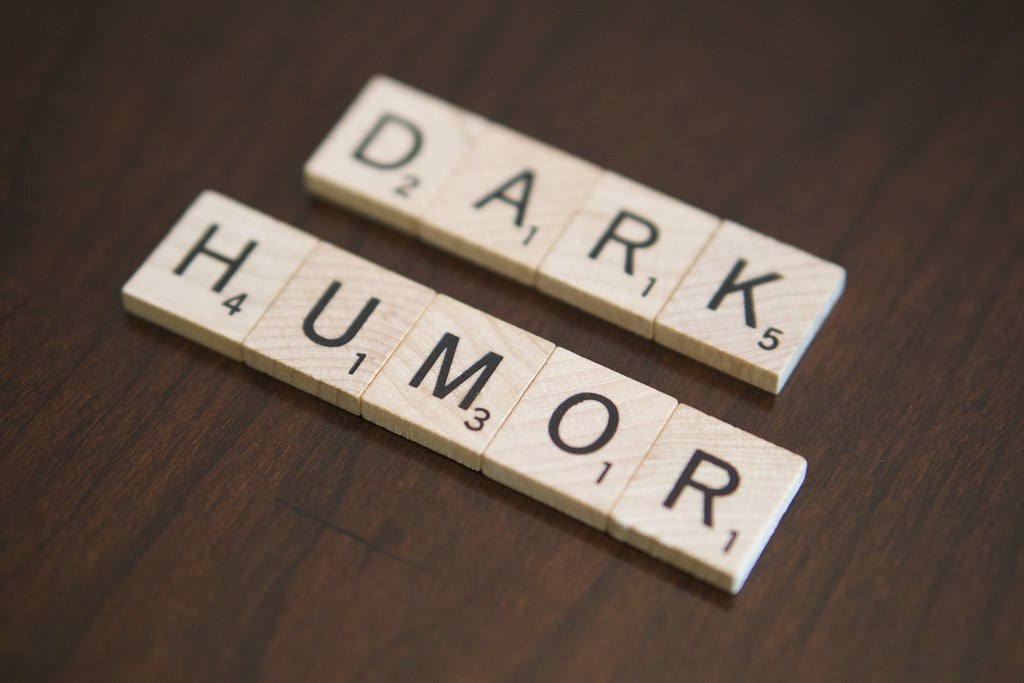Weglinski: Dark Humor Is Actually Offensive – The Daily Utah Chronicle – Daily Utah Chronicle

Recently a “hilarious joke” surfaced on TikTok. On April 24, a group of men planned on sexually assaulting women and children. They went as far as saying it was a holiday, calling it — disgustingly — “National Rape Day.” When I first saw the video — which has since been taken down — I felt shocked and outraged. I couldn’t fathom how this could be funny to anyone. I remember my girlfriends in our group chat trying to make light of this horrible situation, saying that we’d use our tasers and pepper sprays if any guy tried to mess with us. However, behind our fronts, we genuinely felt concerned for our safety. What would happen on April 24? Would we need to take more precautions than we normally do?
Days following the release of the video, my “For You” page flooded with reactionary videos and safety tips for women to “stay home” on the 24th. While some argued in comments that this made-up holiday was “just a joke” that viewers were blowing out of proportion, many were still frightened — and rightfully so. A joke made at the expense of someone else crosses the line. Dark humor is not an excuse to be offensive and triggering; making so-called “jokes” in poor taste about rape, racism, disabilities, suicide and so on will never be okay and needs to stop.
Fortunately, an investigation deemed that this “holiday” was a hoax, but not without damage. In an interview with Cleveland19 News, President of Cleveland Rape Crisis Center Sondra Miller said that these comments could be triggering to rape survivors. Sexual assault victims often suffer from PTSD, and insensitive jokes exacerbate that. “Hearing sexual assault jokes is painful, like someone is stabbing into my wound that was just on the brink of healing,” wrote survivor Kendra Franklin for the Temple News.
When someone prides themselves on their “dark” humor, that is an immediate red flag for me. In my own experience, many cower behind this phrase to be derogatory without actually facing the repercussions. This gaslights marginalized groups who are often the butt of these “jokes.” During my childhood, I trained myself to let racist and misogynistic jokes slide because I wanted to fit in. However, doing so left lingering trauma that still affects me today. When I finally learned to defend myself, I was met with invalidation. I was deemed a “snowflake” who couldn’t take a joke and told the person who said it didn’t actually mean it. It seemed like no matter what I did, my feelings were minimized.
University of Utah student Elin Bertheau had a similar experience with mental health. Bertheau struggles with bipolar disorder and said in an interview that it’s invalidating to hear people casually say to one another, “you’re being so bipolar!” without actually knowing what the mental illness is. “It’s really inappropriate to make fun of someone else’s situation [and experience] … It’s very real and affects their lives in so many different ways — it’s not something to throw around as a ‘joke,’” she said.
An article by The Conversation said, “humor that denigrates, belittles, or maligns an individual or social group … [acts] as a releaser of existing prejudice.” For example, research shows sexist humor lowers men’s perceptions of the seriousness of rape. Another study found that offensive jokes promoted prejudice towards Muslim and gay men. When we normalize these harmful jokes, a culture of casual discrimination forms, which is dangerous because these insidious remarks add up.
While dark humor can be used as a coping mechanism for people suffering from trauma since laughing releases endorphins and reduces stress, there is a fine line between trying to lighten the mood or spreading awareness on certain topics, and simply being ignorant and not reading the room. Likewise, when deciding to crack a “risky” joke that pokes fun at our own personal trauma, we must still be conscious of our audience and the context of the situation. “Dark humor can be incredibly powerful and therapeutic, but it has a time and place and it’s important that we use it wisely,” wrote Steven Handel from The Emotional Machine.
I’m not condemning dark humor, but emphasizing that we need to be more sensitive and mindful of the things we say. Cracking light-hearted jokes to cope in difficult situations is perfectly fine and normal. I naturally do it to calm myself down to feel better. Science even shows that laughter can provide many physical benefits. However, insensitive jokes with the hidden intent of being offensive are never appropriate. Dark humor that pokes fun at rape, racism, mental health, disabilities and so on, is simply wrong and ignorant — and just not funny.
